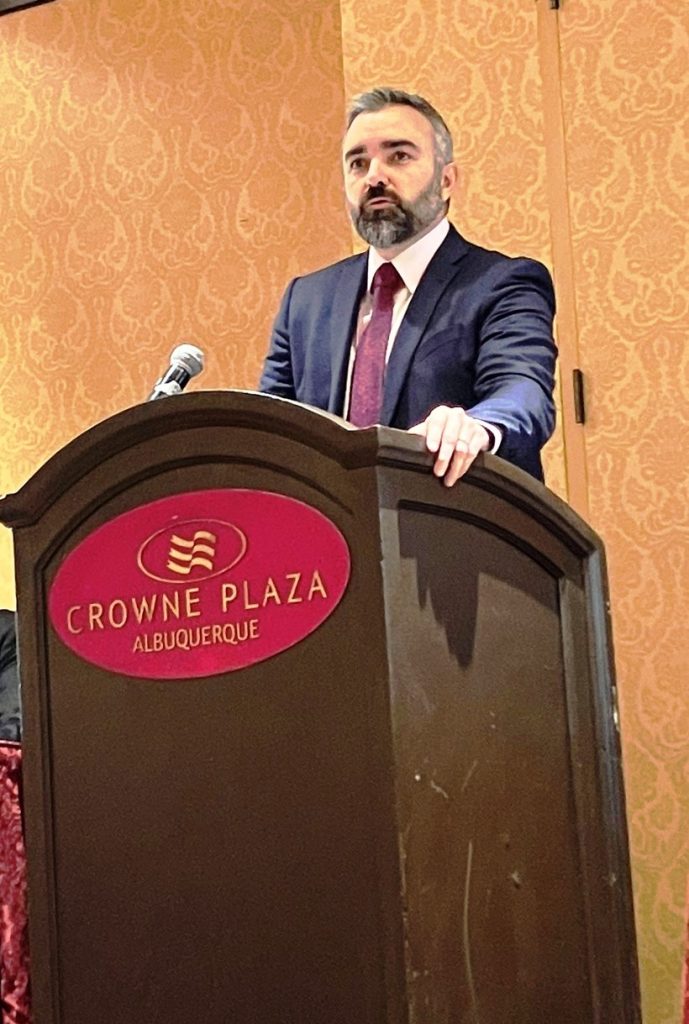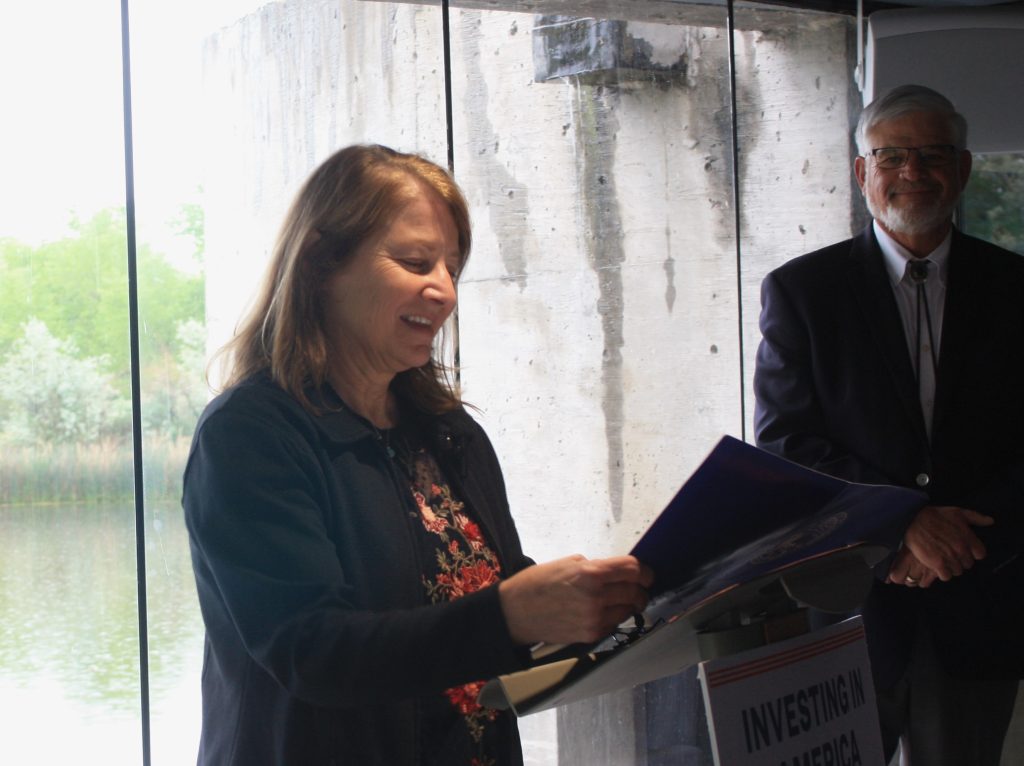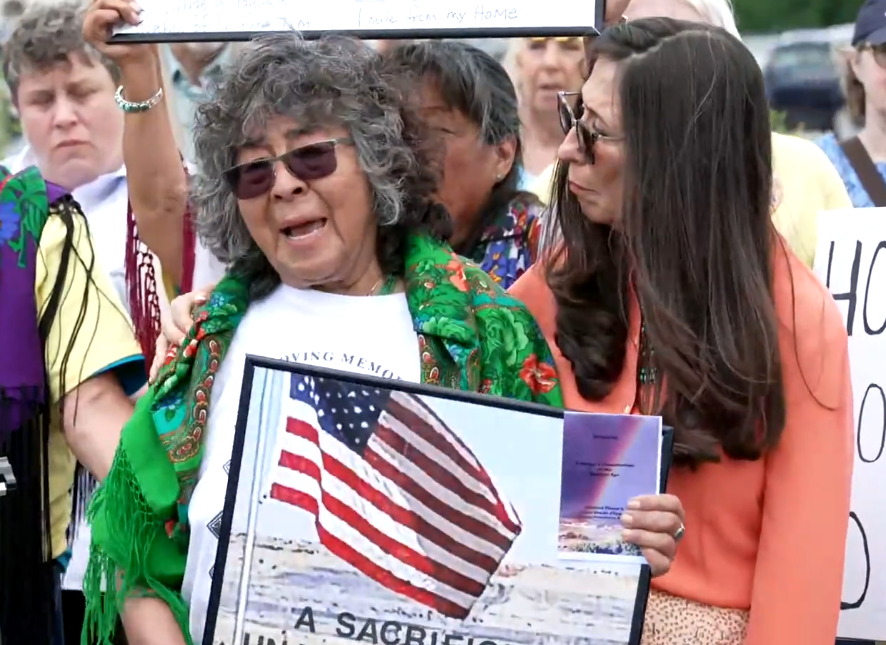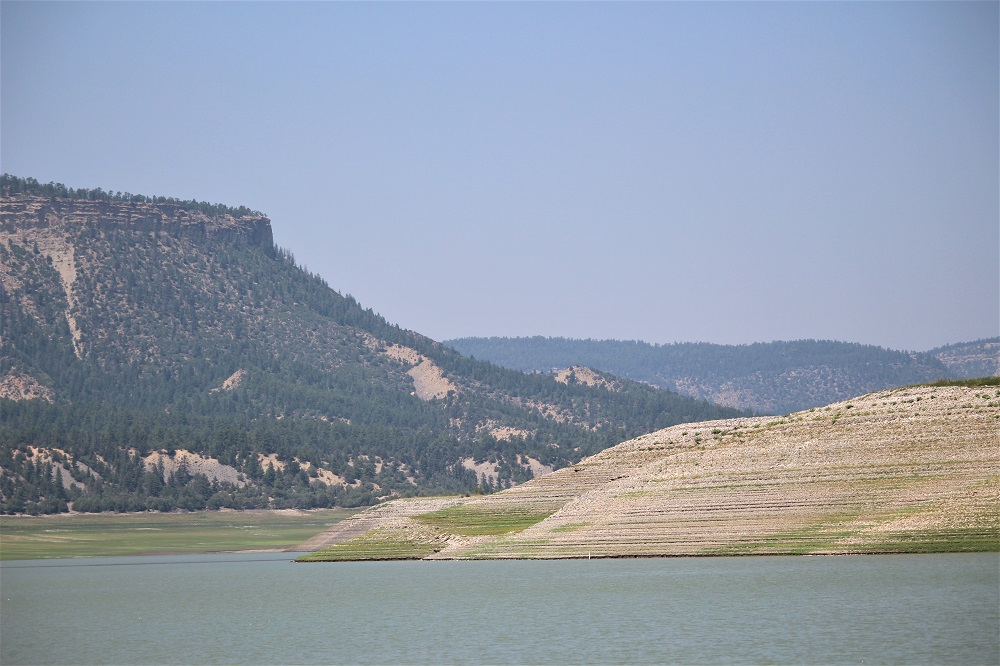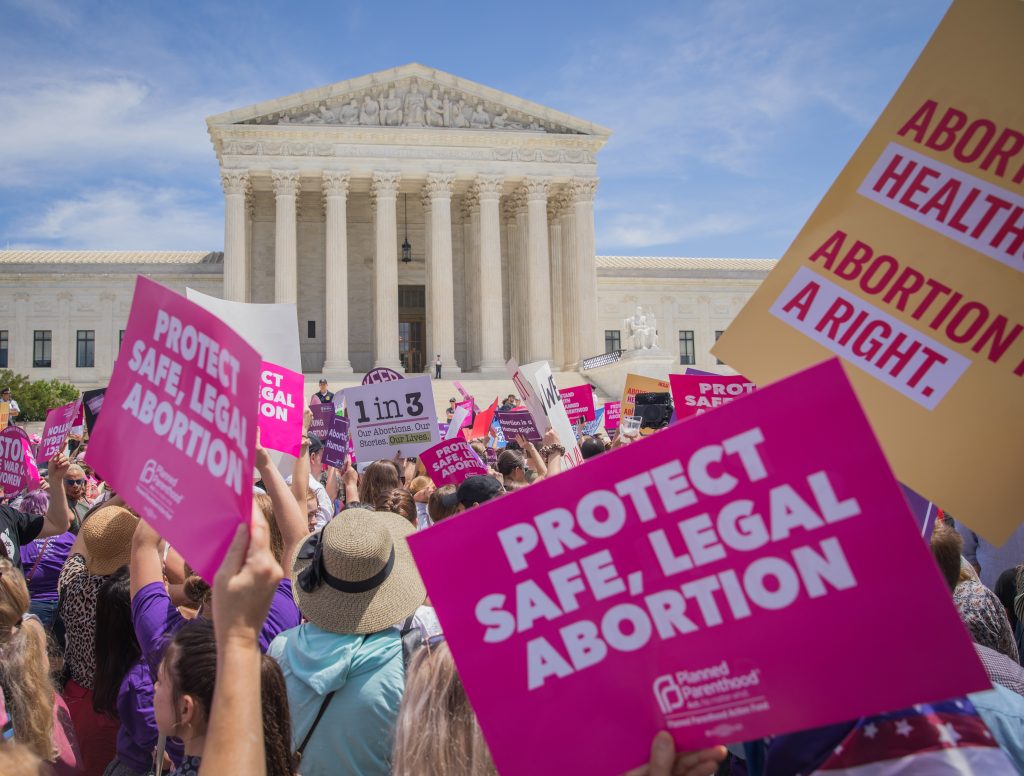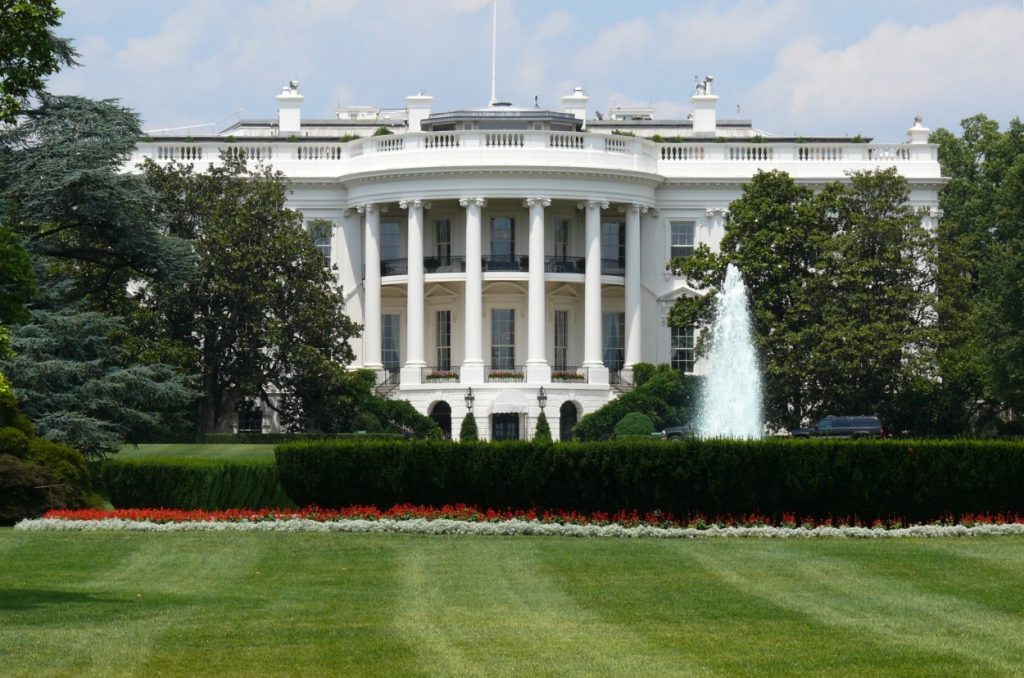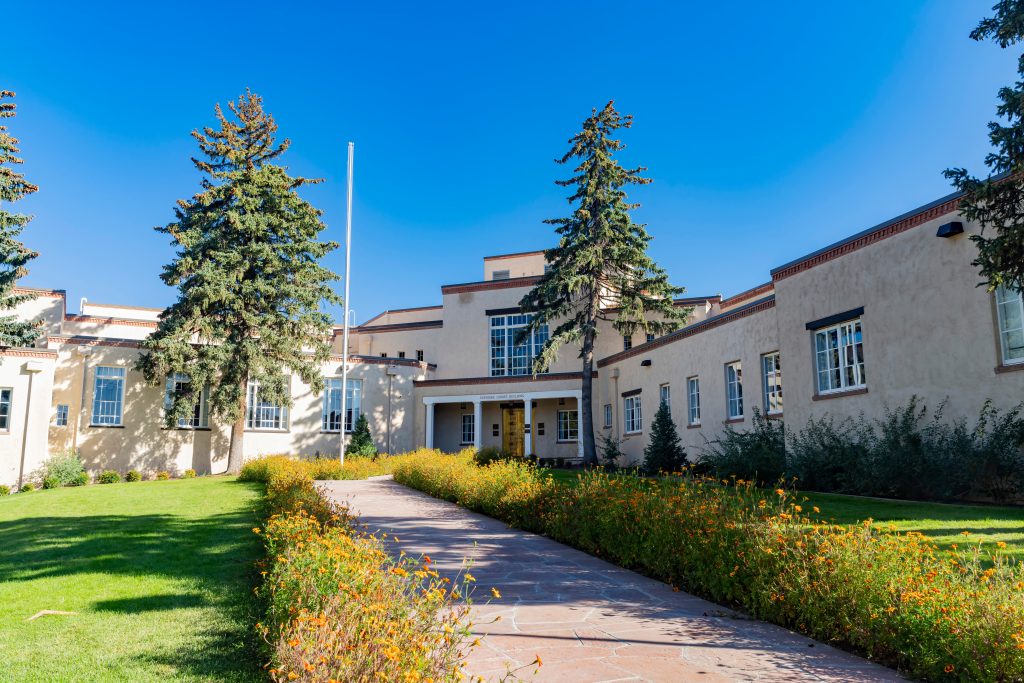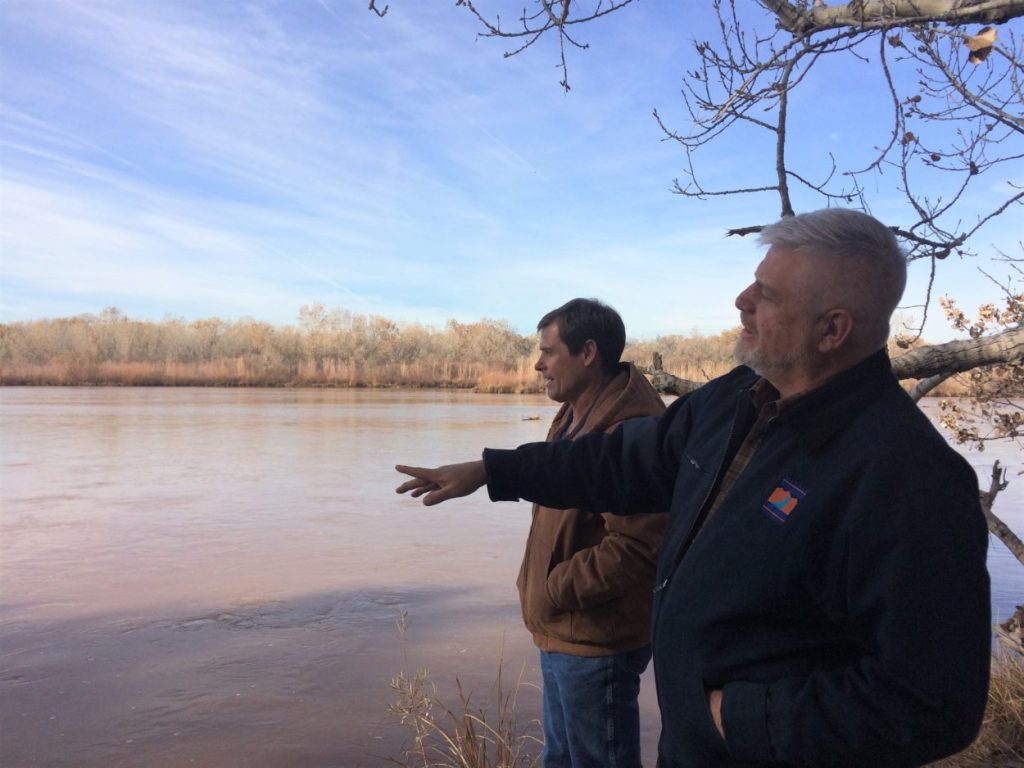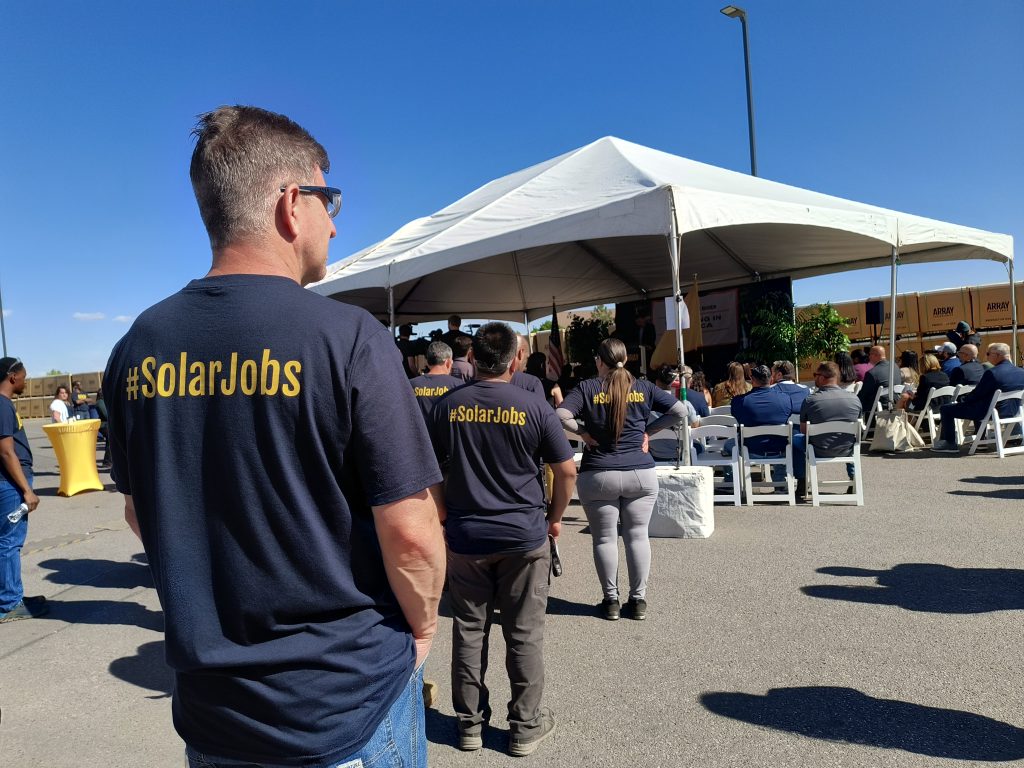One of the three investor-owned utilities in New Mexico appealed the state’s community solar rule to the state Supreme Court and asked the court to delay implementation until after it rules on the appeal.
Southwestern Public Service Company, a subsidiary of Xcel Energy, says the current rules adopted on March 30—one day before the legislatively-designated deadline— by the New Mexico Public Regulation Commission could put utility customers at risk and harm the company’s image.
Community solar essentially allows people who live in apartments or who cannot afford to purchase solar panels for their house to subscribe to receive some or all of their electricity from an array. The Community Solar Act specified that 30 percent of the electricity from community solar projects must be available for low-income households and organizations.
“We appreciate that the commission has devoted a significant amount of time and attention to the development of its Community Solar rule,” Wes Reeves, an Xcel Energy spokesman said in an emailed statement. “Xcel Energy believes a stay of the rule pending resolution of our appeal is in the best interest of customers and developers—and will help foster long-term success of the community solar program—because the current rule lacks essential customer protections and has other inconsistencies with the Community Solar Act that the Legislature required be included in the rule.”
SPS’ court filings said the rule is vague in many instances and was influenced by secret sources that formed an advisory “Team.” The court filing argues that implementation could lead to customers who don’t subscribe to a community solar array paying more for electricity. SPS also argues that their own reputation will be hurt because those who do subscribe to the arrays may not realize that the community solar provider is not SPS, but rather a separate entity that may not have the same level of customer service.
However, from the community solar proponent’s perspective, this appeal is rehashing issues already discussed at length in an attempt to delay implementation that will ultimately cost taxpayers money through legal expenses and will also be costly for the advocacy groups that plan to intervene.
Many of the concerns expressed in the filing were discussed at length during the rulemaking process while the Community Solar Act was developed and voted on during the 2021 legislative session. These concerns include ensuring that people who do not subscribe to a community solar array do not end up subsidizing those who do subscribe.
Motion for rehearing
In the months that followed the PRC issuing the final rule, various groups filed motions for rehearing. By June, the PRC was faced with nine motions for rehearing, including motions from SPS, Public Service Company of New Mexico and El Paso Electric. It issued a single order, partially granting five of those motions and denying the other four. The utilities’ motions were among those partially granted.
The order allowed utilities to promptly recover administrative costs associated with the community solar program rather than having to wait until the next rate case. This was based on an advisory team’s recommendation. Delaying recovery of costs until the next rate case could lead to “an effective temporary subsidy by all ratepayers,” according to the document.
However, interconnection costs were not included in that immediate recovery.
“The utilities currently bill interconnection applicants for the costs of interconnection studies and the costs of interconnection under the Commission’s rules for interconnection,” the document states. “The same practice should apply here. The applicant will be responsible for paying such costs, unless, upon petition to the Commission, the applicant can show that some portion of the costs should be borne by ratepayers to the extent that they will receive a net benefit from the interconnection expenditures. The Commission should not consider such costs to be subsidized by non-subscribing ratepayers.”
The ‘Team’
After the Community Solar Act passed in 2021, the PRC assembled a team that had more expertise in the community solar realm. This team provided recommendations which were used to draft the rule.
But who was a member of the team was not always transparent and SPS takes objection with this in its appeal.
The June order issued by the PRC in response to the motions for rehearing states that the utilities’ motions for rehearing appear to have the intention of improving the rule from the utilities’ perspective. However, the “Team” did not find the arguments compelling. Instead, the “Team” saw the motion for a rehearing as an attempt to delay implementation of the rule and, the order states, the “Team” found some of the arguments made “disingenuous if not frivolous.”
Among those arguments was the utilities’ concern about the “Team.”
“The specific individuals that made up the ‘Team’ were not identified, and it is unclear whether individuals not employed by the Commission had roles on the ‘Team,’” SPS states in court documents.
The PRC’s decision to rely on the “Team” came from the agency’s lack of expertise in community solar.
During the rulemaking process, SPS points out that the ‘Team’ didn’t file any written comments. Because of that, SPS argues “it is unclear from the record precisely what the ‘reasoning and recommendations’ of the ‘Team’ were, how they were communicated to the Commission, and by whom they were communicated. As a result, the interested stakeholders in this rulemaking— including SPS—did not have an opportunity to review or respond to the ‘reasoning and recommendations’ of the ‘Team’ prior to the closing of the record in the rulemaking.”
Consequences of delaying implementation
In that same order, the PRC lays out the consequences of delaying implementing the rule—less information and an “unsubstantial record of initial program performance” for the state Legislature to evaluate.
The law itself didn’t fully embrace community solar. Instead it created a three-year pilot program that allowed up to 200 megawatts of community solar—in the form of five megawatt arrays—to be available for certain subscribers who are customers of the three investor-owned utilities.
Should the court rule in SPS’ favor, however, the new rules will be remanded to the PRC and the new commission will be tasked with developing a new set. This could lead to a potentially year-long delay, or longer, that may make investors nervous about backing new community solar projects, according to Jim DesJardines, executive director of the Renewable Energy Industry Association.
DesJardines said the ratepayers will ultimately absorb the costs of the legal fees that SPS incurs, meanwhile REIA plans to hire a lawyer and intervene in the case—the cost of which will not be passed onto community solar subscribers, but rather born by REIA members.
DesJardines said the community solar rules are complex and when things are complex, people who are paid to pick them apart and find potential issues generally can, especially when attorneys are involved.
He said the Community Solar Act was introduced in the Legislature for several years before it passed. This gave time for issues like those expressed in the court filing to be addressed.
“I would say that the public through their legislators have made their voice heard,” he said. “And their voice was ‘we the general public want to have access to community solar.’”
The legislation includes provisions focused on low-income communities.
In its appeal, SPS argues that the PRC failed to include guidelines to ensure that the low-income customer requirements are met. These guidelines, SPS argues, are required by the Community Solar Act.
The investor-owned utilities have expressed concerns about community solar from the start, including during the legislative process.
This, some advocacy groups say, is because utilities have operated largely as regulated monopolies. People who wanted electricity had no choice but to buy it from the utility that serves their area. Community solar provides competition. People can subscribe to get some or all of their electricity from an array. That electricity will be delivered to their homes or businesses using infrastructure that the electric utility has paid for and maintains.
While the utility will collect interconnection fees and can essentially charge for use of the infrastructure, SPS argues that the rules don’t have adequate protection to ensure customers who don’t subscribe to the community solar array won’t end up paying to support those who do, or essentially subsidizing subscribers.
But, even with the appeal, Mariel Nanasi, executive director of New Energy Economy, said community solar will progress.
“The NM PRC rules for community solar are in place and the program will create clean solar energy at competitive prices and includes the promise of many hundreds of jobs despite the obstruction of monopoly electric utilities that have appealed the rules,” she said in an email. “Even though SPS, PNM and EPE have tried to sabotage the new energy economy through relentless bogus complaints and delay, because the appeal will take an average of 1.5 years, the community solar program will have a chance to build and develop robust energy benefits in NM.”


